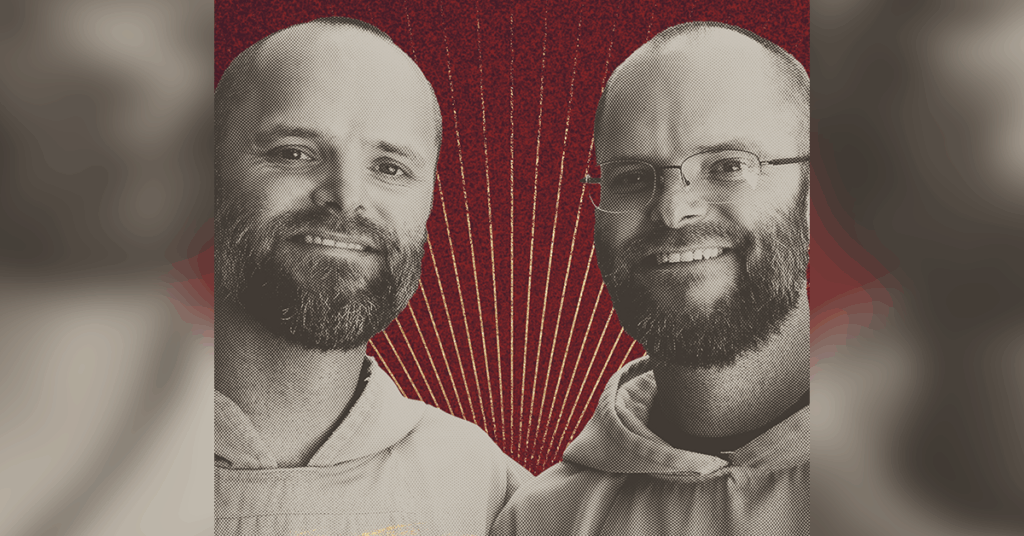A Reading from the Gospel of John
There came a woman of Samaria to draw water.
Jesus said to her, “Go, call your husband, and come here.” The woman answered him, “I have no husband.” Jesus said to her, “You are right in saying, ‘I have no husband’; for you have had five husbands, and he whom you now have is not your husband; this you said truly.” The woman said to him, “Sir, I perceive that you are a prophet. Our fathers worshiped on this mountain; and you say that in Jerusalem is the place where men ought to worship.” Jesus said to her, “Woman, believe me, the hour is coming when neither on this mountain nor in Jerusalem will you worship the Father. You worship what you do not know; we worship what we know, for salvation is from the Jews. But the hour is coming, and now is, when the true worshipers will worship the Father in spirit and truth, for such the Father seeks to worship him. God is spirit, and those who worship him must worship in spirit and truth.” The woman said to him, “I know that Messiah is coming (he who is called Christ); when he comes, he will show us all things.” Jesus said to her, “I who speak to you am he.”
Just then his disciples came. They marveled that he was talking with a woman, but none said, “What do you wish?” or, “Why are you talking with her?” So the woman left her water jar, and went away into the city, and said to the people, “Come, see a man who told me all that I ever did. Can this be the Christ?” They went out of the city and were coming to him.
Many Samaritans from that city believed in him because of the woman’s testimony, “He told me all that I ever did.” So when the Samaritans came to him, they asked him to stay with them; and he stayed there two days. And many more believed because of his word. They said to the woman, “It is no longer because of your words that we believe, for we have heard for ourselves, and we know that this is indeed the Savior of the world.
Reflection
We are made for being in a communion of persons.
Our Exodus groups can be a great example of that.
A real depth of friendship can form in a group of men who are striving for holiness!
What is necessary for that communion to deepen is vulnerability.
We must be courageous enough to be vulnerable and those who are receiving that vulnerability must be trustworthy enough to receive it with love.
When that is the dynamic of our groups, the impact is powerful.
Jesus teaches us an important lesson about vulnerability in the way he connects with the Samaritan woman at the well.
He makes it as easy as possible for her to be vulnerable, always signaling his unconditional love throughout their encounter.
First of all, he meets her at the well at midday.
The heat of the day is not the normal time for drawing water.
The woman goes at that time because she is ashamed.
Jesus goes at that time because he wants to redeem shame.
It leads to our first reflection—do I go out of my way to be in places where I can help those who are in need of love?
This can be a physical place like the well at midday or the kitchen outside of break time or the back wall of the cafeteria or the last pew in the church.
This can also be a topic of conversation.
There can be ways to signal that no matter what you have done, I will love you and accept you (and we must be careful because there are also ways to signal the opposite!).
Sometimes we do that by sharing our own failures or struggles.
Sometimes we do that by indicating how much we appreciate the mercy of Jesus and how much we try to be like Him.
Jesus gently leads the woman towards the place of her deepest shame.
He continually surprises her in the way that he loves her and accepts her, even though she is a Samaritan and an ashamed woman.
Eventually, he opens the hard topic for her—her marriages—and he even names it for her.
This requires a great deal of sensitivity, because we can really crush someone by naming their sins or calling them out on their behavior.
Jesus shows that it is possible.
He must have communicated by his posture, his presence, his earlier acceptance of her in the conversation, and his tone, that he was not condemning her.
When he notes that she has had five husbands and is currently with a man who is not her husband, she goes deeper into his identity and the meaning of worship.
She does not run or hide, but becomes more open as she feels his acceptance of her greatest area of shame and vulnerability.
We learn another thing from this passage as well, as we see how she feels completely known.
Even though they have had a brief conversation, she declares to the people in her town: “Come, see a man who told me all that I ever did.
Can this be the Christ” (Jn 4:29)?
She feels that he knows her completely—he knows all that she ever did.
This is the experience of revealing to someone the most vulnerable secret in our life.
We feel that the person who has seen that deepest place in me knows me better than anyone, even the person I have spent far more time with.
When our groups can be safe for the most vulnerable parts of our hearts to be shared, we will have deep and healing relationships—a true communion of persons.




